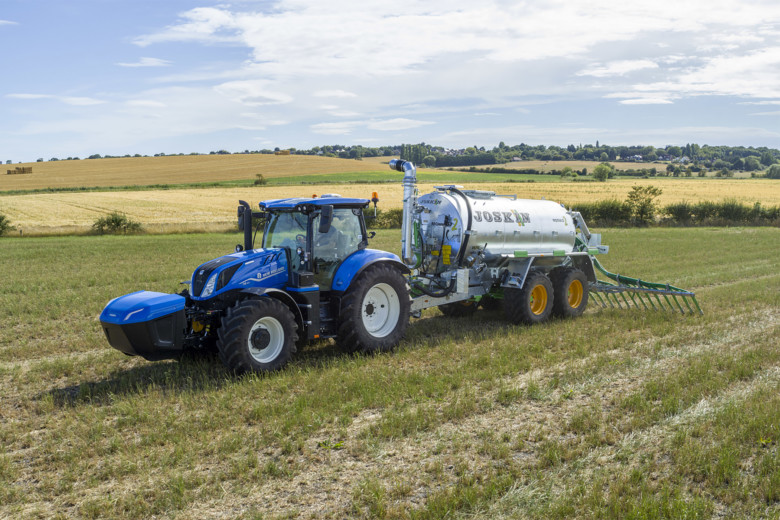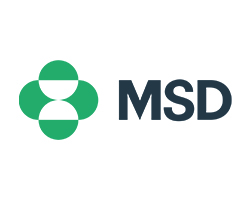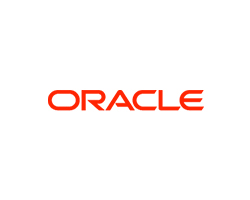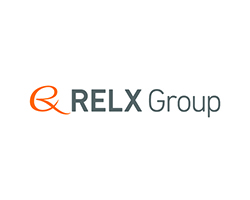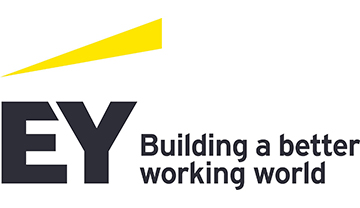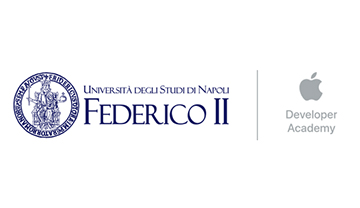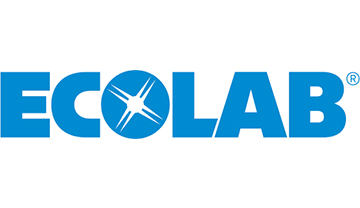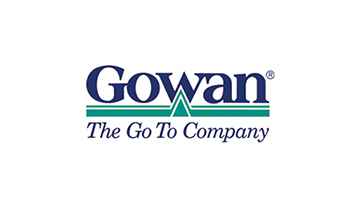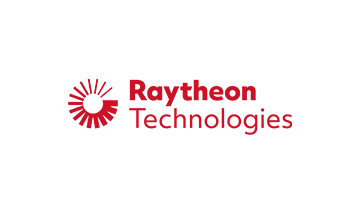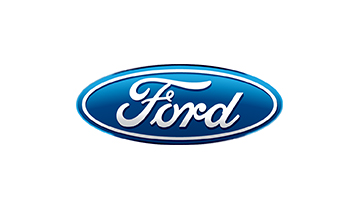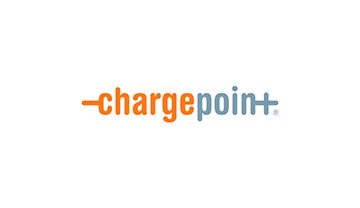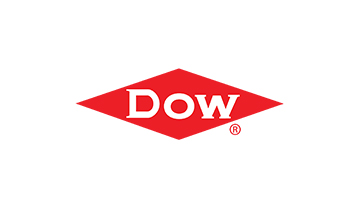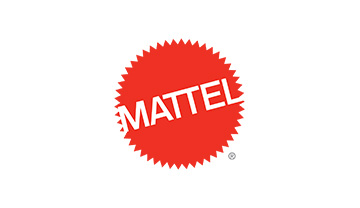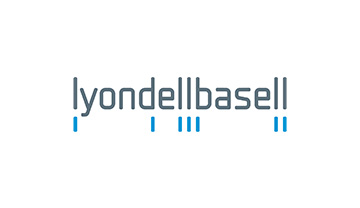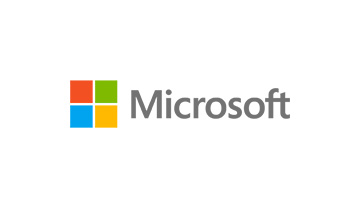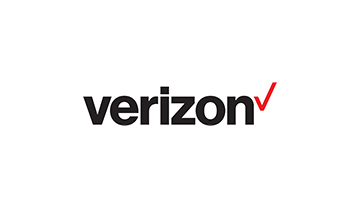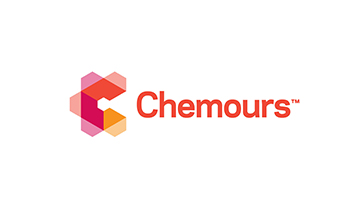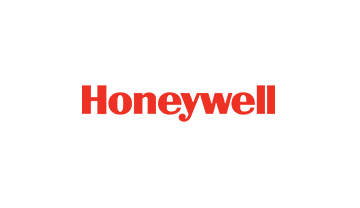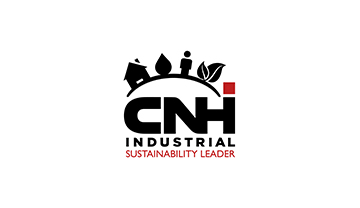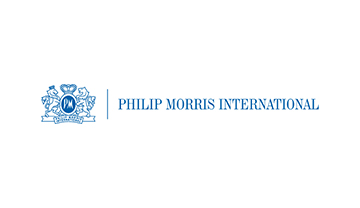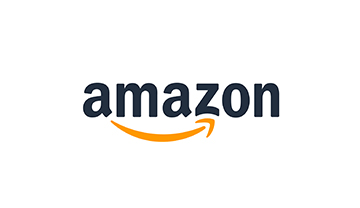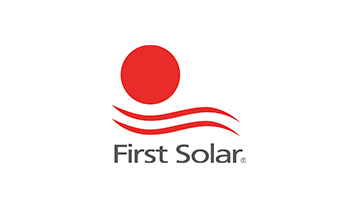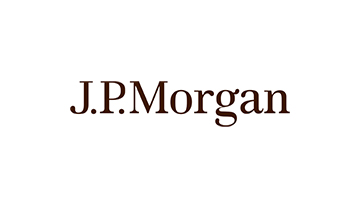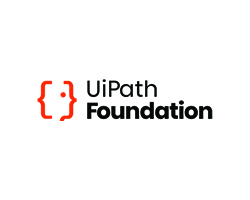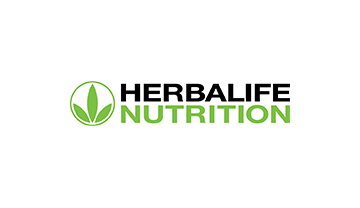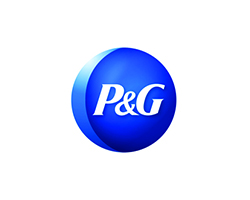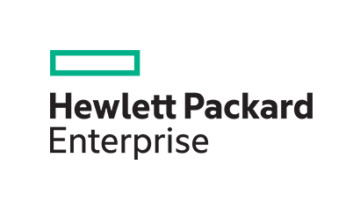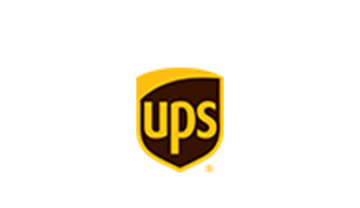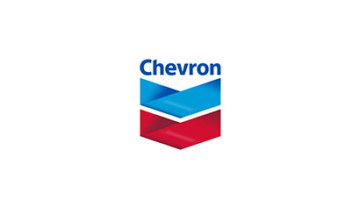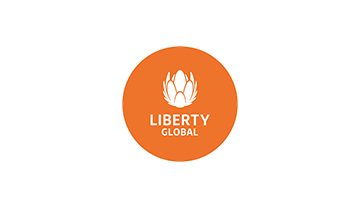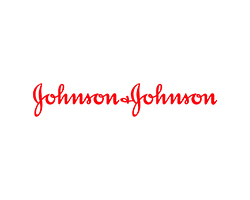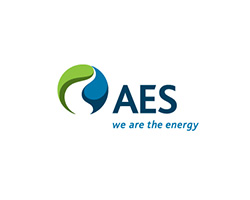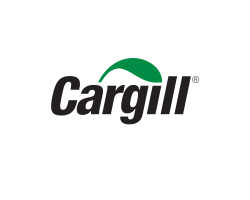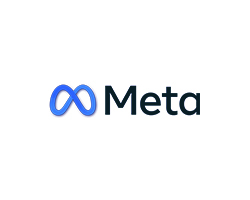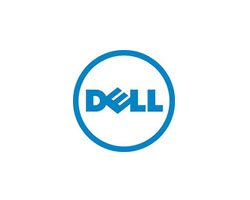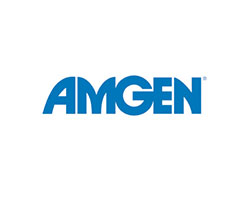

An interview with Jennifer Motles, Chief Sustainability Officer, Philip Morris International
How has PMI committed to sustainability?
Sustainability is core to the transformation of our company, which is based on a deep sense of purpose to create value for our shareholders and other stakeholders. PMI’s Statement of Purpose reaffirms our company’s commitment to deliver a smoke-free future and lays out our unique business model and value proposition: To relentlessly focus our resources on developing, scientifically substantiating and responsibly commercialising smoke-free products that are less harmful than smoking, with the aim of completely replacing cigarettes as soon as possible. We understand that maximising shareholder value is no longer acceptable as a company’s sole purpose. While our Board must exercise its fiduciary duties as they relate to the oversight of our company’s financial performance, it also recognises the importance of creating value for a diverse group of stakeholders, including employees, customers, suppliers, and communities. Our Board and Company Management work closely together to make informed decisions and evaluate how PMI manages risks and opportunities associated with our business in order to support long-term value creation. Our strategy is based on four pillars, which dictate what we produce, how we operate, and how we manage our social and environmental impacts.
There is currently an expectation by both companies and investors that material environmental, social, and governance (ESG) factors should be completely integrated into a company’s business strategy. A major barrier to this integration is that the Finance and Sustainability functions have been – and largely remain – wholly separate parts of organisations. With Sustainability reporting to the Chief Financial Officer (CFO), thereby integrating Sustainability into the Finance function, PMI’s organisational structure has taken yet another necessary step toward delivering on its purpose: a smoke-free future that will benefit both shareholders and other stakeholders.
Can you describe the journey to carbon neutrality for PMI?
PMI has been recognised as a climate leader (for seven years PMI has ranked on CDP’s climate A-list) and we continue working closely with our suppliers to achieve our science-based targets. We focus primarily on reducing absolute carbon emissions. We revised our absolute CO2 emission reduction targets in 2020 to align with a scenario of an increase in global temperatures of no more than 1.5 degrees Celsius above pre-industrial levels. Our new targets, assessed and approved by the Science-Based Targets initiative (SBTi) in 2020, commit us to:
- Reducing in absolute terms direct emissions from our own sources, as well as indirect emissions from the generation of electricity, heating and cooling (scope 1+2) emissions by 50 percent by 2030 from a 2019 base year; and
- Reducing absolute emissions from the company’s value chain by 50 percent within the same timeframe.
We take a holistic, three-part approach to emissions reduction. First, we seek to reduce consumption and optimise efficiency. Second, we minimise the use of fossil fuels and promote the switch to renewable energy. Third, once we have maximised our emissions reduction, we compensate for the remaining unavoidable emissions. When possible, we prioritise in-setting projects in our supply chain; alternatively, we purchase certified carbon credits. Our carbon-neutrality work covers our entire value chain, which extends from the supply of tobacco and other materials to the production, packaging, commercialisation, use, and end-of-life of our products.
Aside from greenhouse gas emissions reductions, what is PMI doing to improve environmental sustainability?
Aligned with our purpose, we are working to seamlessly integrate numerous ESG issues into the corporate culture, business strategy, and executive-compensation plans. ESG issues are business issues and we aim to continuously improve our performance and drive material and measurable progress towards our targets and aspirations – all communicated through open and clear reporting and disclosure. Beyond the above-mentioned efforts to tackle climate change, we are taking action in other areas that are particularly relevant given public policy developments in the EU:
-
Circular economy: we aim to improve the recyclability, efficiency, and repairability of our products and by 2025, PMI´s ambitions include:
- 100% users of PMI smoke-free products have access to collection and recovery for devices and consumables; and
- 100% of our smoke-free products’ packaging materials are recyclable, and 95% are from renewable sources.
- Littering prevention: specifically the litter caused by cigarette butts. We will work towards meeting the requirements of the Single Use Plastics Directive and have set ourselves an ambitious target to achieve a 50 percent reduction of the plastic litter from our products by 2025.
How is PMI pivoting away from its traditional business model, in line with its ESG commitments?
We understand that a complete and successful transformation is one that allows our company’s business to move from a value proposition, centered on developing innovative and scientifically substantiated smoke-free products that are less harmful than smoking, toward one where we can have a net positive impact on society.
For example, by 2025, PMI´s aims include: i) continuing to reduce the carbon footprint of our smoke-free products in line with our science-based targets, ii) achieving 100 percent of packaging materials are made with recyclable materials, and 95 percent are from renewable sources, iii) achieving eco-certification for all our smoke-free electronic devices introduced on the market. PMI’s program CIRCLE provides centralized hubs that inspect and separate materials from our electronic devices for recycling. In 2020, these hubs processed over 191 tons of end-of-life devices and a third-party audit of our facility in Europe showed that we recycled at rates up to 84 percent by weight based on device version. Our CIRCLE hub obtained WEEELabex certification in 2020, reflecting our commitment to due diligence practices and advanced recycling.
Sustainability offers us an opportunity for growth through investments in scientific research to continue innovating for better products, with the aim of becoming net positive. In order to demonstrate the seriousness of our endeavor, we introduced a new aspiration to complement our Business Transformation Metrics and 2025 Roadmap: Net revenues of at least USD 1 billion derived from “beyond nicotine” products by 2025. This aspirational goal aims to further cement the confidence we have about the long term, as we evolve into a broader lifestyle and consumer wellness company, leveraging our ability to monetize the skills and assets we have accrued and developed in the process of our transformation.
Read more:
- PMI’s 2020 Integrated Report shows progress toward accelerating the end of smoking | PMI For a detailed account of the company’s business transformation including a robust set of business transformation metrics demonstrating the company’s resource allocation in the pursuit of its purpose.
- Our 2025 Roadmap sets the forward-focused targets pertaining to all Tier 1 topics from PMI’s sustainability materiality assessment.
- PMI’s Responsible Sourcing Principles
- PMI’s statement of purpose



